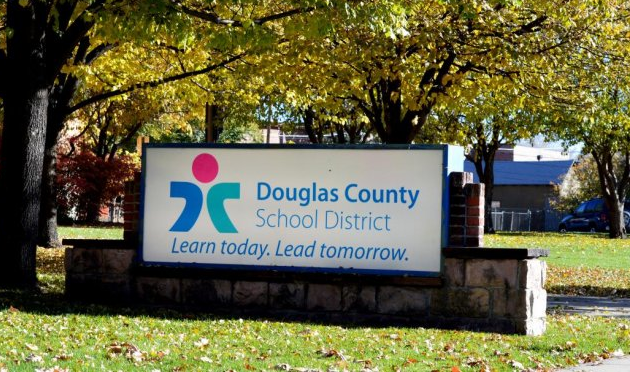Argument preview: What level of educational benefit is “appropriate” for children with disabilities?

The Individuals with Disabilities Education Act gives federal funds to states that agree to offer a “free appropriate public education” (FAPE) to children with disabilities. An important part of providing a FAPE is the IEP, or individualized education program, which – among other things – must set forth a plan that is tailored to the unique needs of each child with a disability. In 1982, the Supreme Court ruled in Board of Education v. Rowley that an IEP must be “reasonably calculated to enable the child to receive educational benefits.”
Next week, the court will hear oral argument in the case of a Colorado boy who has asked the justices to clarify exactly what kind of “educational benefits” an IEP must provide: Is it enough that the benefit is simply non-trivial, or does the IDEA require more? The boy and his family argue that a greater benefit is required, and that a ruling to the contrary will directly affect the quality of the education that is offered to millions of children with disabilities. But the school district where the boy attended school counters that imposing the kind of specific standard proposed by the boy and his family will create its own set of difficulties, including entangling courts in complicated inquiries that they are not qualified to undertake.

The student, Endrew F. (also known as Drew), is autistic. He began as a student in Douglas County School District in preschool and stayed there through fourth grade. During each of those school years, he had an IEP, through which he received a special-education program. However, Drew did not return to the public-school system for fifth grade, because his parents disagreed with school officials about the IEP proposed for him for that year. For example, they say, the fifth-grade IEP contained goals that closely resembled the goals for earlier years, such as mastering multiplication of single-digit numbers. Instead, Drew’s parents enrolled him in a private school – where, they note, “he has made academic, social, and behavioral progress.”
Drew and his parents filed a complaint with the state’s department of education. They claimed that Drew had been denied a FAPE, and they sought reimbursement for the tuition paid to his private Argument preview: What level of educational benefit is “appropriate” for children with disabilities? - SCOTUSblog:
